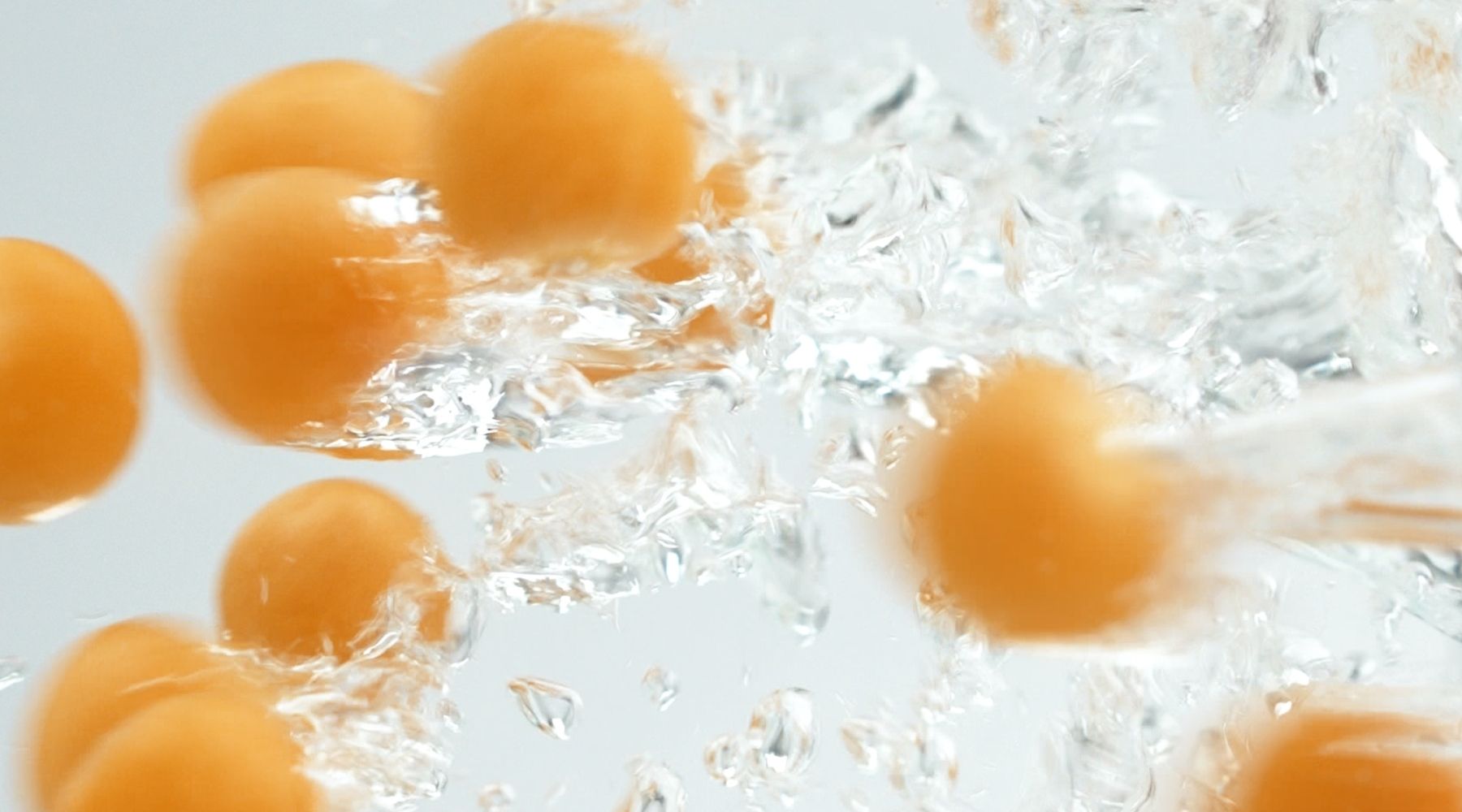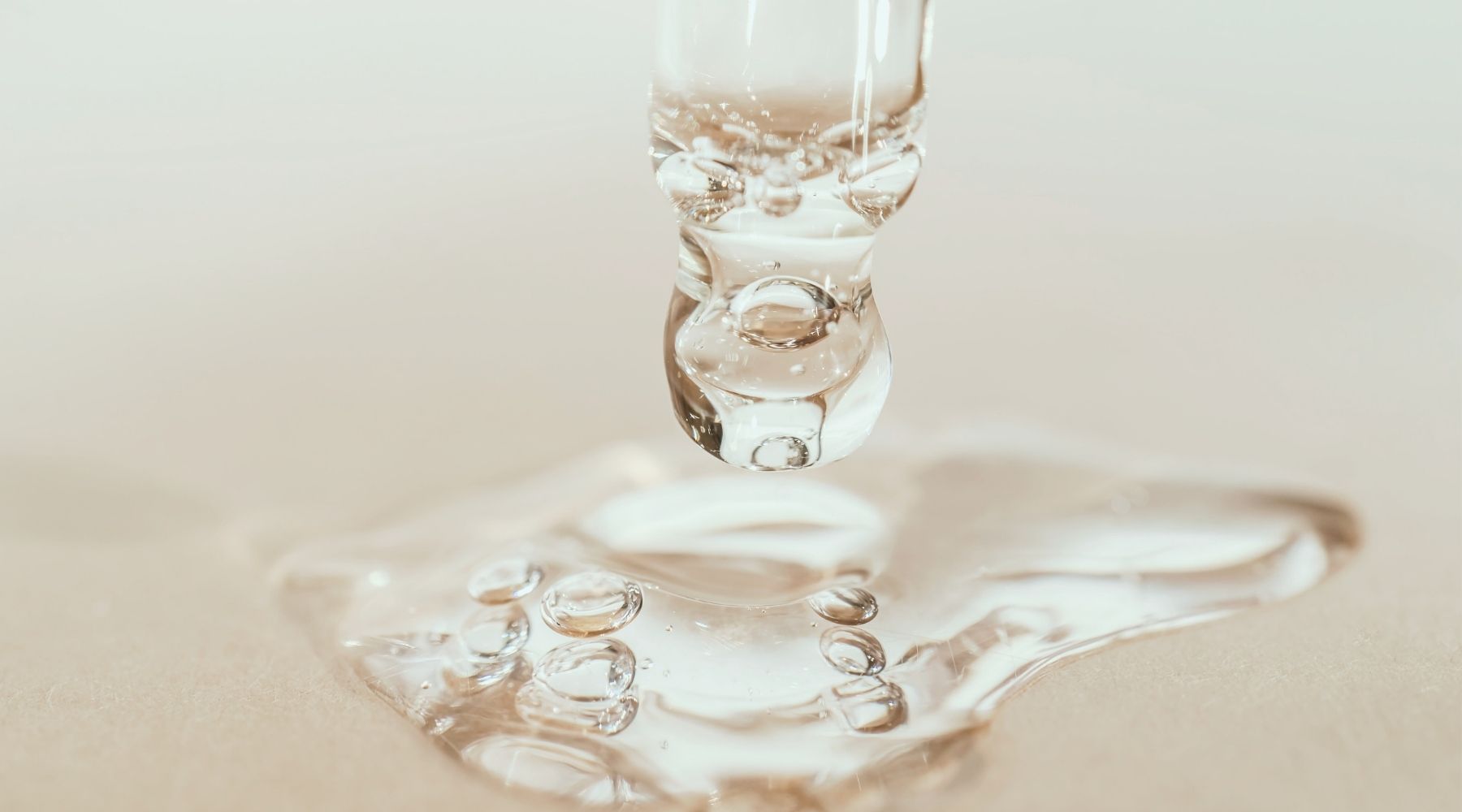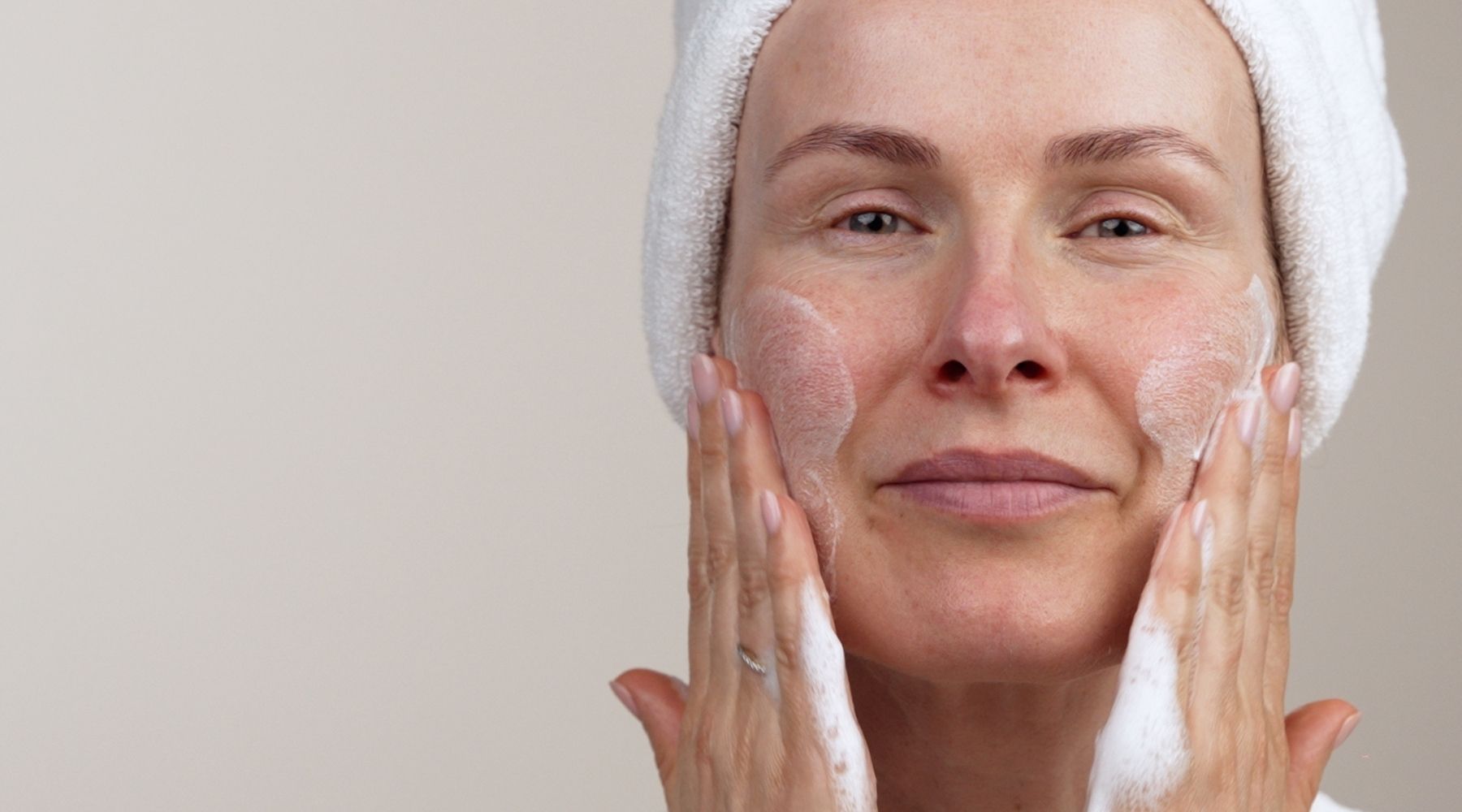
What is vitamin A? And why is it used in skin care?
Retinoids are the name of the group of pharmacological substances that possess a biological vitamin A activity. The group consists of natural forms of so-called derivatives of vitamin A, as well as synthetic/artificially produced derivatives. Over 2,000 different derivatives of vitamin A have so far been produced.


